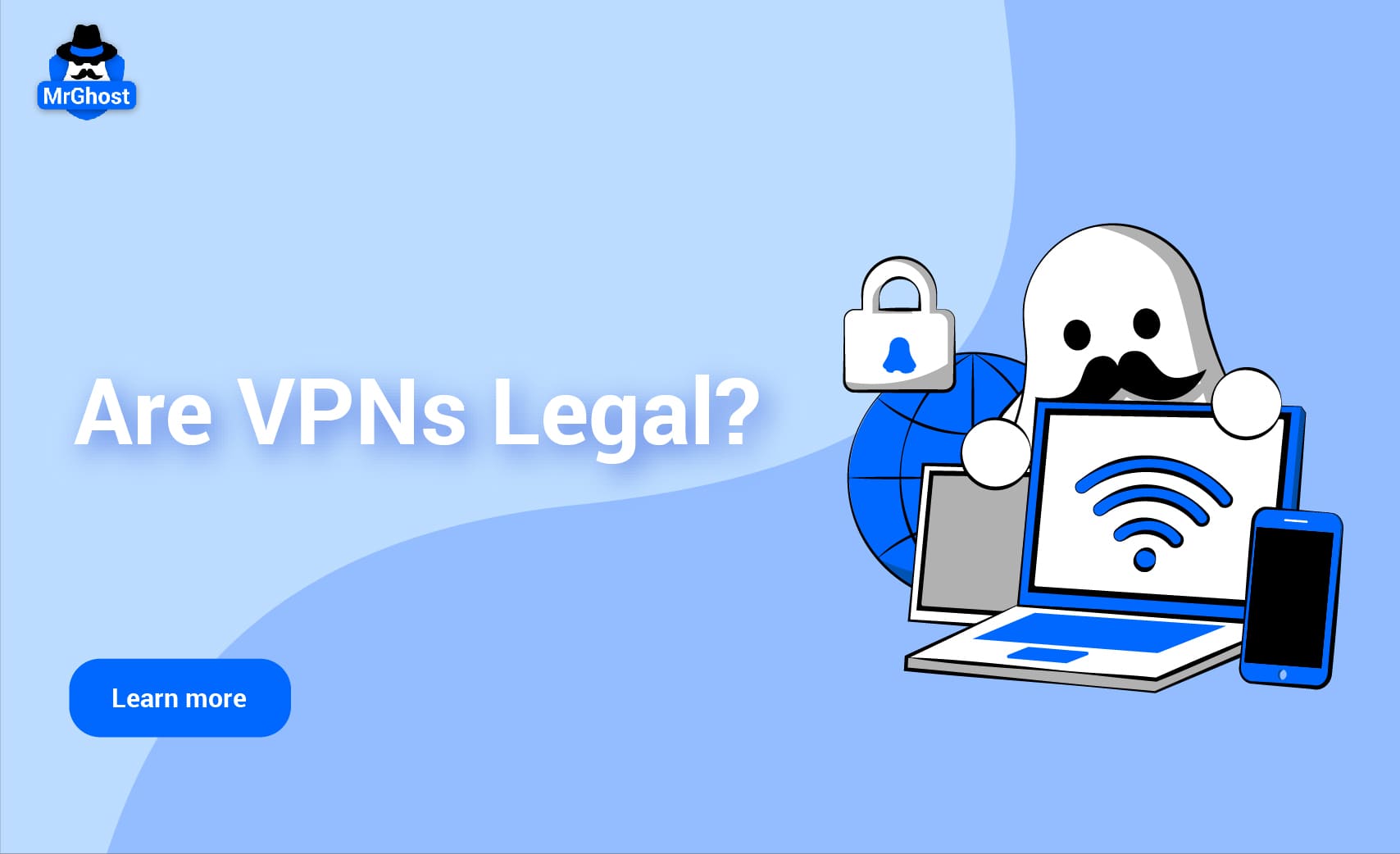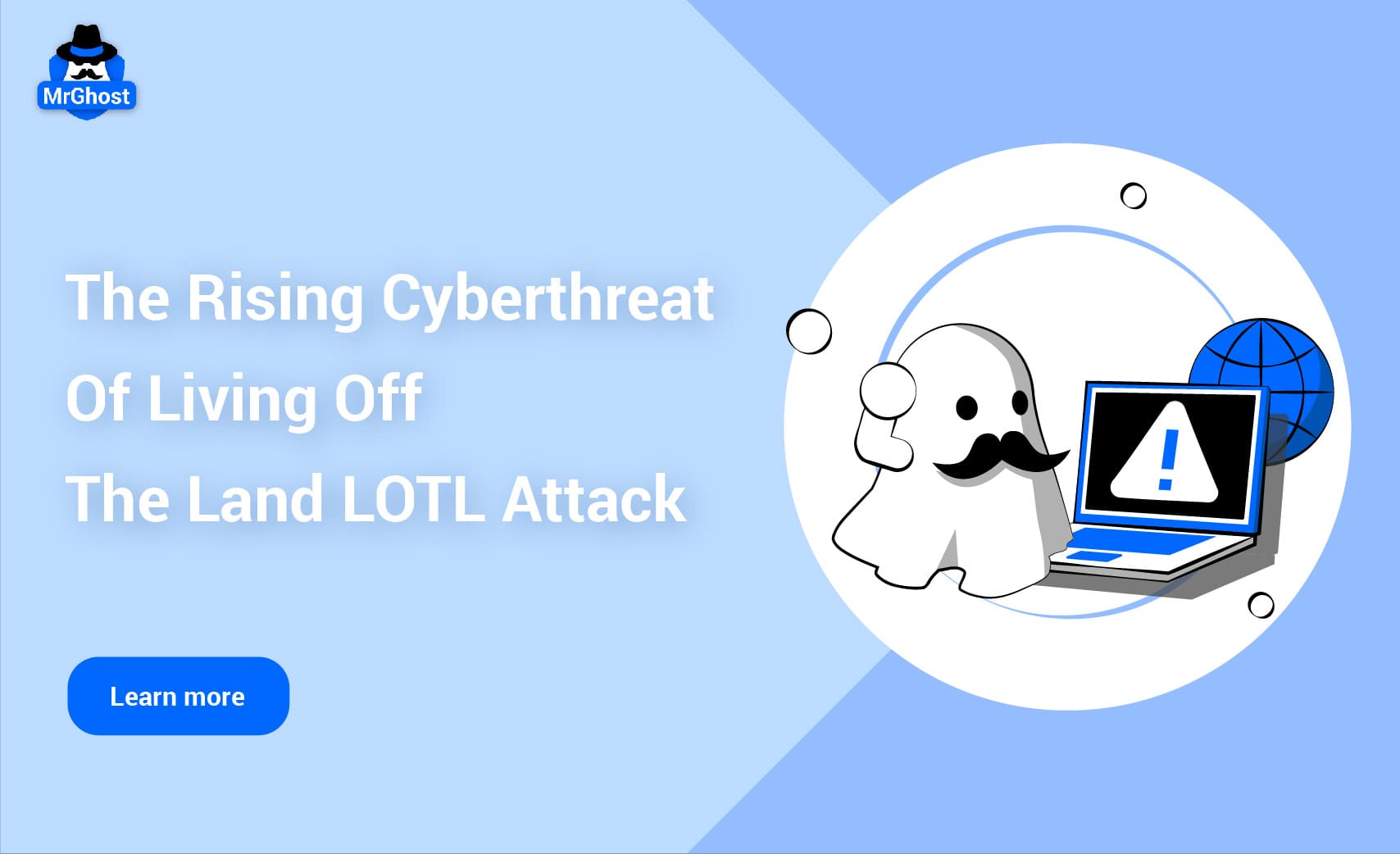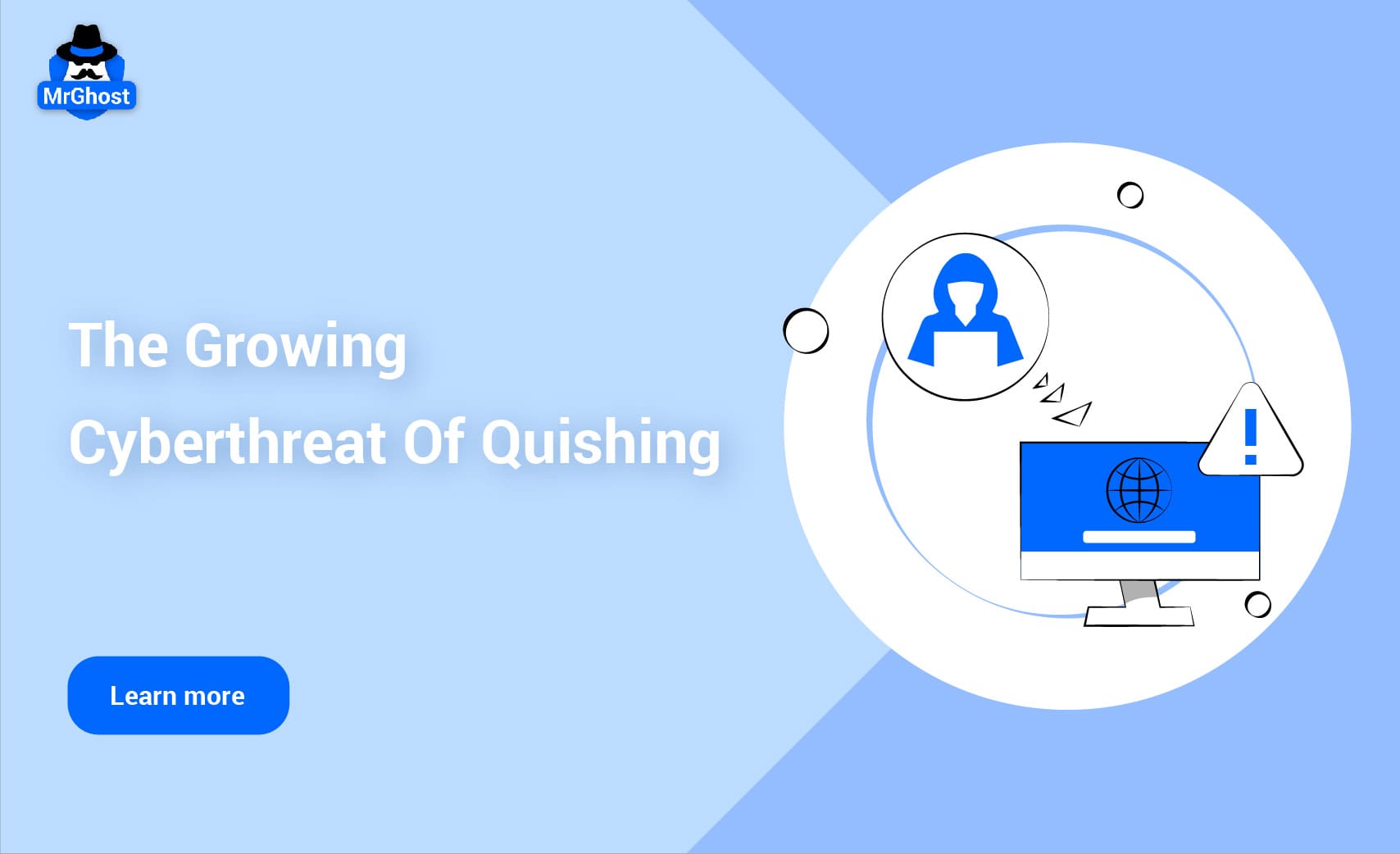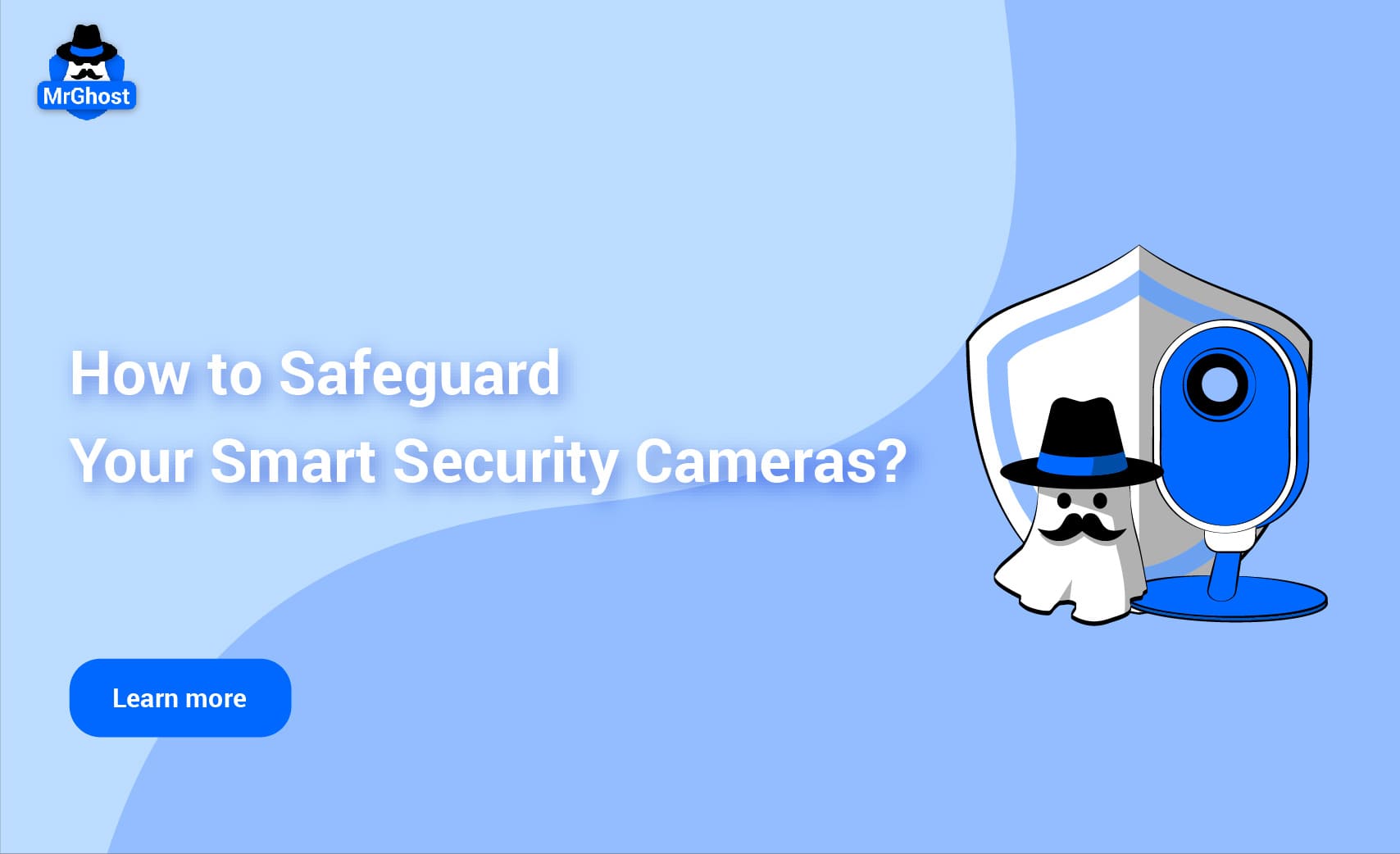
Virtual Private Networks (VPNs) have become an essential tool for internet users seeking privacy, security, and access to global content. While they are popular for encrypting data and bypassing geo-restrictions, a common question arises: Are VPNs legal? The answer varies depending on where you are in the world. This article will explore the legality of VPNs in different countries, why they might be restricted, and what users should consider before using one.
What Is a VPN?
A VPN is a technology that allows users to create a secure and encrypted connection to the internet. It masks the user’s IP address, making their online activities difficult to track by third parties, such as hackers, ISPs (Internet Service Providers), or even governments.
Learn more: What Is A VPN?
Are VPNs Legal?
In most countries, VPNs are perfectly legal and are even encouraged for security purposes. Many businesses rely on VPNs to protect sensitive information and ensure secure communications among employees working remotely. However, the legal status of VPNs can differ dramatically depending on local laws and regulations.
Countries Where VPNs Are Legal
VPN usage is generally unrestricted and legal in most countries, including:
| Region | Countries |
| North America | United States, Canada, Mexico |
| Europe | United Kingdom, Germany, France, Italy, Spain, Netherlands, Switzerland, Belgium, Sweden, Norway, Finland, Austria, Denmark, Portugal, Poland, Czech Republic, Ireland, Hungary, Slovakia, Greece, Croatia, Romania, Bulgaria, Estonia, Latvia, Lithuania, Slovenia |
| Asia-Pacific | Japan, South Korea, Australia, New Zealand, Singapore, Taiwan, Hong Kong, Thailand, Philippines |
| Latin America | Brazil, Argentina, Chile, Peru, Colombia, Uruguay |
| Africa | South Africa, Nigeria, Kenya, Ghana |
| Middle East | Israel |
These countries generally allow VPNs without restriction, though illegal activities through VPNs are still subject to prosecution.
● United States: VPNs are entirely legal, and their use is widespread, whether for personal privacy, business security, or accessing restricted content.
● United Kingdom: VPNs are legal as long as they are not used to engage in illegal activities.
● Germany: VPNs are legal, and many privacy-conscious citizens use them to secure their online activities.
● Australia: VPNs are legal, though using them to access region-restricted content may breach terms of service with specific streaming providers.
● Canada: VPNs are legal, and no laws prohibit their use.
In these countries, VPNs are typically used to improve privacy, circumvent censorship, or for entertainment purposes like streaming content that might be restricted due to regional licensing agreements.
Continue reading: How To Choose The Right VPN Country?
Countries Where VPNs Are Restricted or Illegal
Some countries have laws that restrict or ban VPN usage. While these countries may allow certain government-approved VPNs, using unauthorized VPNs is illegal.
| Region |
Countries |
| Asia |
China (government-approved only), North Korea (illegal), India (partially restricted), Iran (restricted), Turkmenistan (illegal), Uzbekistan (restricted), Myanmar (restricted), Vietnam (restricted) |
| Middle East |
United Arab Emirates (UAE - restricted), Oman (restricted), Iraq (illegal), Saudi Arabia (restricted), Syria (restricted), Qatar (restricted) |
| Europe/Eurasia |
Russia (restricted), Belarus (illegal) |
| Africa |
Uganda (restricted), Egypt (restricted) |
● China: Only government-approved VPNs are allowed. Unauthorized VPN usage can lead to fines.
● Russia: VPN providers must comply with the government's blacklist. Non-compliance leads to service blocks.
● UAE: VPNs are legal for companies but restricted for individuals, especially when used to access blocked content (e.g., VoIP services).
● India: VPNs are still legal, but regulations around data collection and reporting are tightening, meaning certain providers may exit the market.
● Iran & Turkey: Government-approved VPNs are allowed; unauthorized VPNs can lead to fines or imprisonment.
● Belarus: VPN usage is illegal. The government tightly controls internet access, and using VPNs to bypass those restrictions is against the law.
● North Korea: Almost total ban, with very limited internet access for the public.
● Oman & Iraq: The use of VPNs is heavily restricted, with penalties for unauthorized use.
● Uganda: Restricted VPN usage to prevent bypassing social media taxes.
Why Are VPNs Restricted in Some Countries?
Countries that restrict or ban VPNs typically do so for two primary reasons:
1. Censorship
Many countries with tight government control over information flow restrict or ban VPNs to maintain this control. By blocking certain websites, social media platforms, and foreign news sources, these governments seek to suppress dissent, prevent access to external perspectives, and block content they consider inappropriate or subversive.
● China: The Chinese government enforces strict internet censorship with the "Great Firewall," which blocks websites like Google, Facebook, and YouTube. Unauthorized VPNs are banned because they allow users to access restricted sites and evade government surveillance.
● Iran: Iran restricts internet access to prevent citizens from viewing content that the government deems against Islamic values or politically subversive. The government has banned most VPNs to prevent users from circumventing censorship on social media platforms and news outlets.
● Turkey: Turkey restricts VPNs as part of broader censorship efforts. The government blocks access to certain websites, especially during periods of political unrest, and uses these restrictions to limit access to information that might be critical of the government.
● Russia: Russia restricts VPNs to control access to banned websites, including those that promote political dissent or foreign information that challenges the government’s official stance. VPN services must comply with government regulations and block access to blacklisted websites, or they face bans.
Continue reading: How To Open Blocked Sites on Google Chrome?
2. Illegal Activities
Governments also restrict or ban VPNs out of concern that they could be used for illegal activities such as cybercrime, hacking, and accessing copyrighted material without authorization. By making it harder to track online activities, VPNs can enable criminal behavior or bypass licensing agreements.
● United Arab Emirates (UAE): The UAE restricts VPNs because people often use them to bypass bans on VoIP services like Skype and WhatsApp, which are restricted for commercial reasons. While using VPNs is not completely illegal, doing so for illegal activities, including accessing restricted services, can result in fines or imprisonment.
● India: Although VPNs are still legal, the Indian government has expressed concerns over their use for hiding criminal activities, including cyber fraud and tax evasion. As a result, the government is implementing more stringent rules, requiring VPN providers to store user data for a minimum of five years, making it easier to track illegal activity.
● North Korea: VPNs are banned outright because the government wants complete control over the internet to prevent access to foreign information and illegal content. Citizens have extremely limited access to the internet, and VPNs would provide a way to bypass the country's strict digital barriers.
● Uganda: In 2018, Uganda imposed a tax on social media usage. When citizens started using VPNs to bypass the tax, the government blocked certain VPN services to prevent evasion of the law. The use of VPNs in Uganda for this purpose is now considered illegal.
3. Political stability
Some governments view unrestricted internet access as a threat to political stability. VPNs allow citizens to communicate and organize freely, which can undermine government efforts to prevent protests or control political dissent.
4. Content Licensing and Economic Interests
In some cases, governments restrict VPNs to protect local businesses and enforce content licensing agreements.
For example, bypassing geo-blocks on services like Netflix allows users to access content not available in their country, which can violate licensing agreements and harm local content creators. In Australia, certain content might be available only on local streaming services like Stan or Foxtel. If users bypass geo-blocks via VPN to watch that content on Netflix U.S., it diminishes the value of the exclusive deals that local services have paid for.
Legal Considerations for VPN Users
Even in countries where VPNs are legal, using them for illegal purposes is not protected by law. For example, engaging in illegal activities, such as hacking, cyberattacks, or distributing illegal content, is punishable under standard laws, regardless of whether a VPN is used.
It’s essential to understand the specific regulations in your country before using a VPN. In countries where VPNs are restricted, users should be aware of the potential risks, including fines, imprisonment, or other penalties.
Conclusion
VPNs are a valuable tool for maintaining privacy and security online, but their legal status varies from country to country. In most regions, VPNs are legal, and users can benefit from enhanced online protection. However, in countries with strict internet controls, using a VPN may come with risks. Before using a VPN, ensure that you are aware of your local laws, and always use it responsibly to avoid legal repercussions.
Experience MrGhost VPN Today!
Ready to take control of your online experience? Sign up for MrGhost VPN today and unlock a world of possibilities. With our commitment to user satisfaction and cutting-edge technology, you can browse, stream, and download with confidence.
Why You Should Use MrGhost VPN
MrGhost VPN stands out as the ideal choice for individuals seeking top-notch privacy, security, and performance. Here's why:
● Blazing Fast Speeds: Enjoy uninterrupted streaming, gaming, and downloads without lag.
● Ironclad Security: Advanced encryption and a strict no-logs policy protect your data.
● Global Server Network: Access content from around the world with our extensive server network.
● User-Friendly App: Easy setup and intuitive interface for hassle-free experience.
● Affordable Plans: Choose from flexible pricing options to suit your needs.
Don't compromise your online freedom. Choose MrGhost VPN and enjoy the ultimate peace of mind. Get it today!













